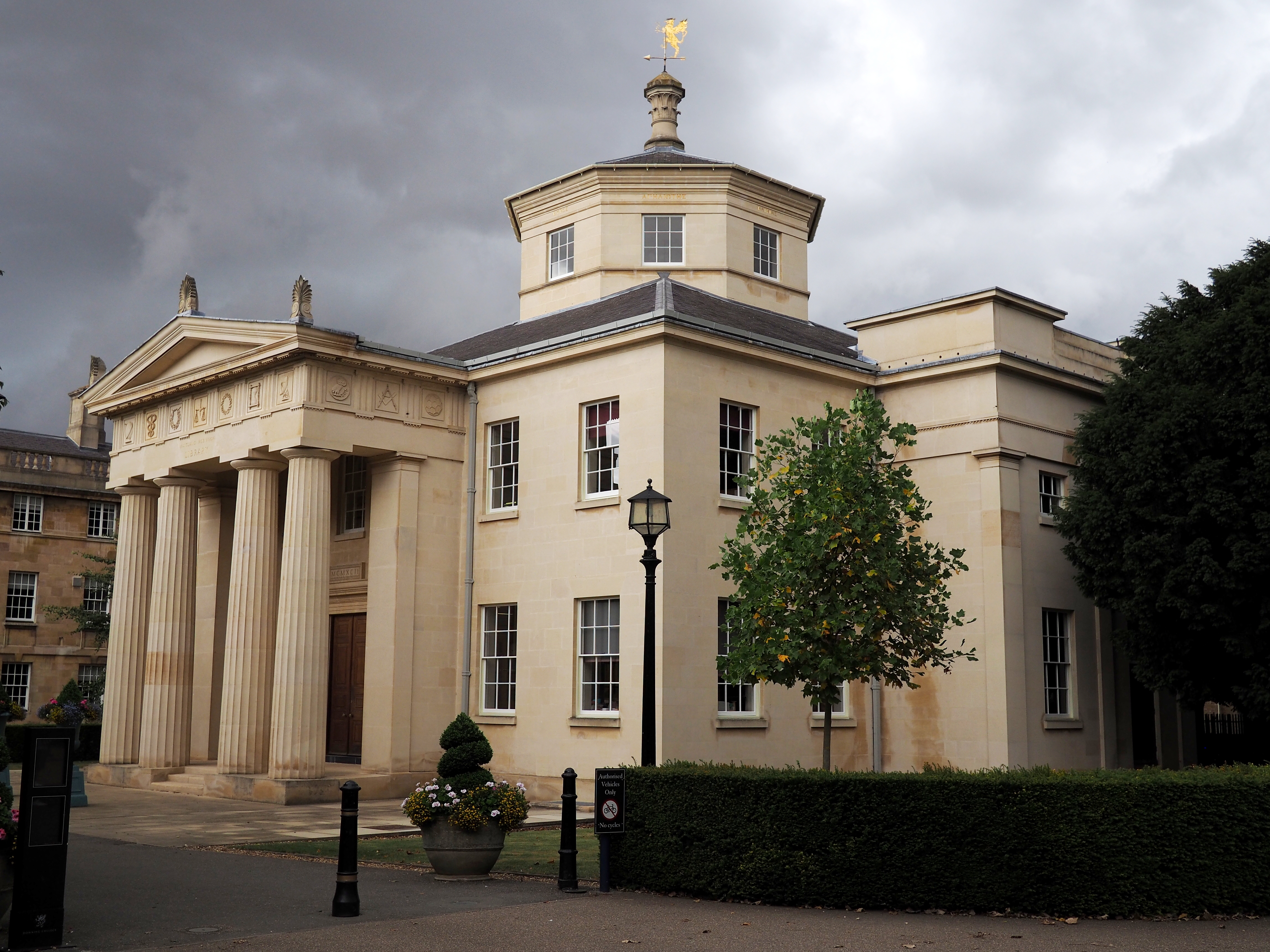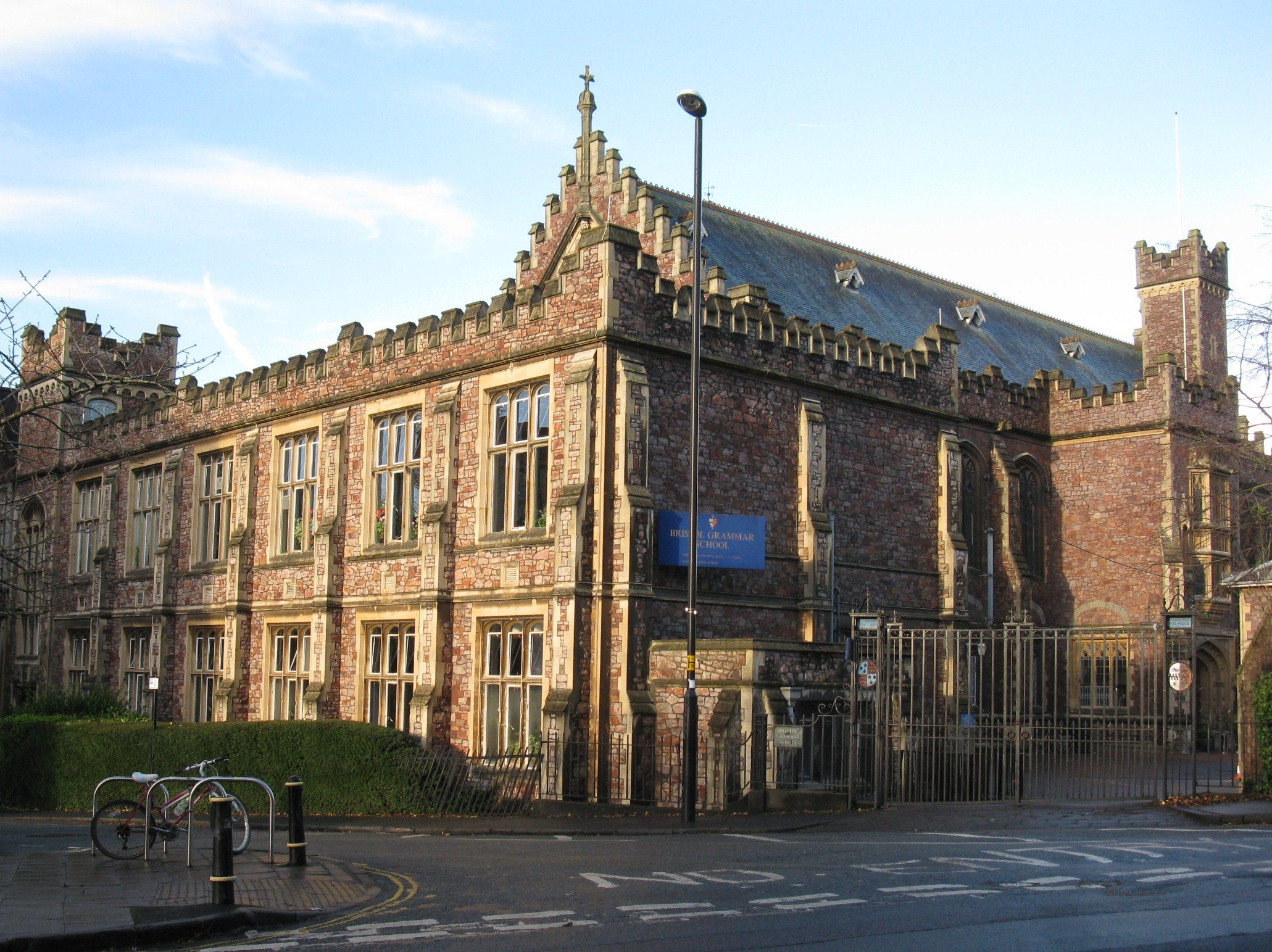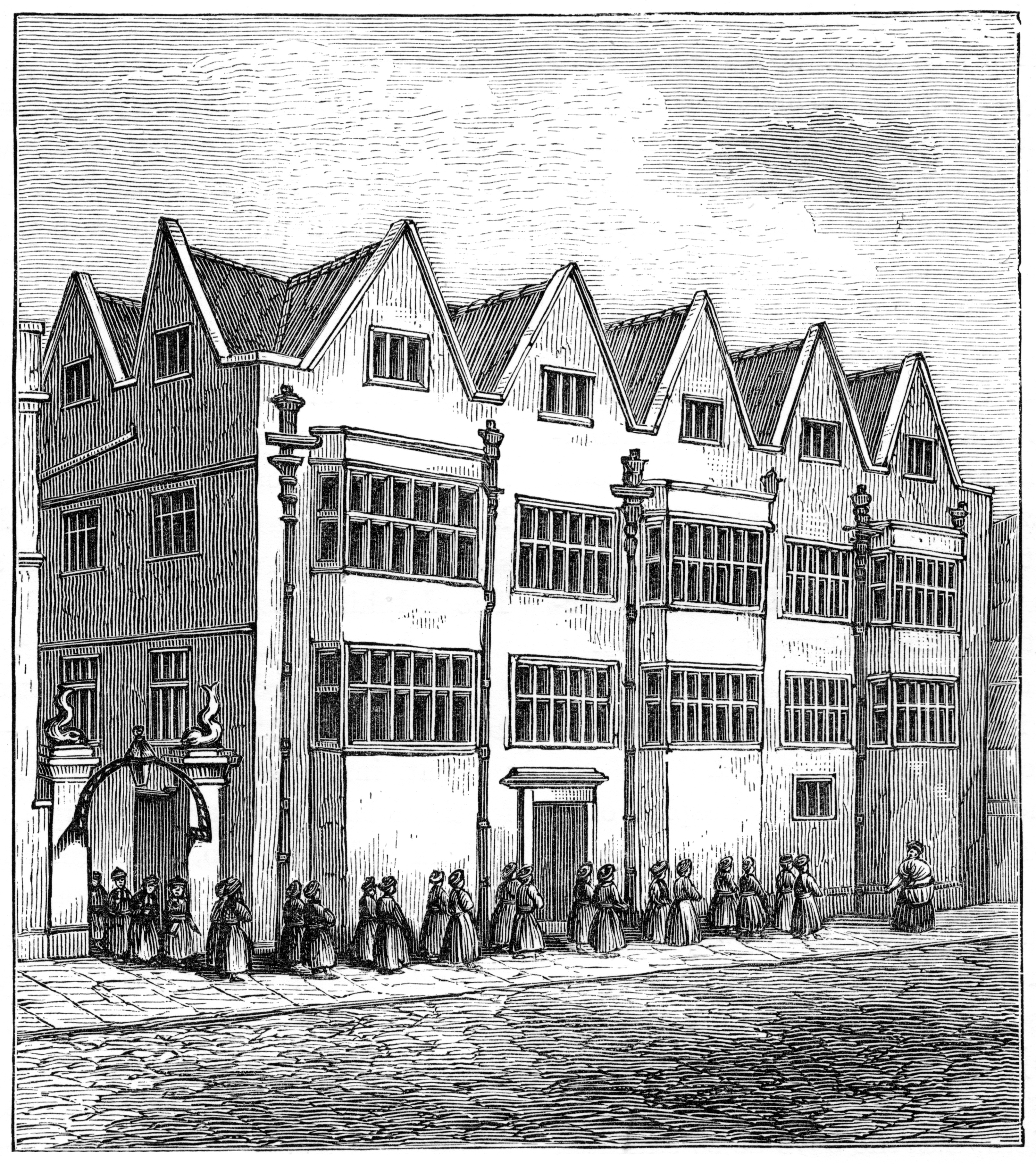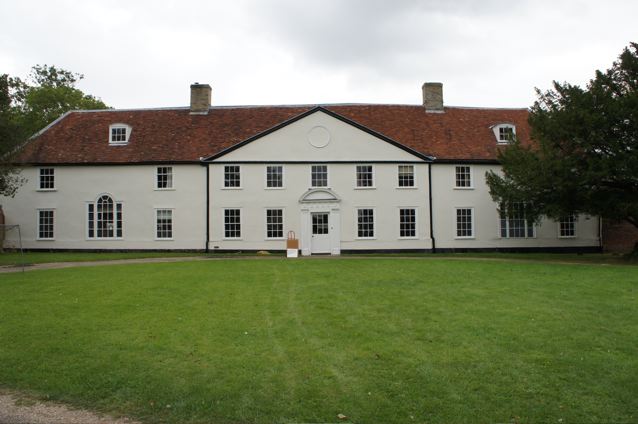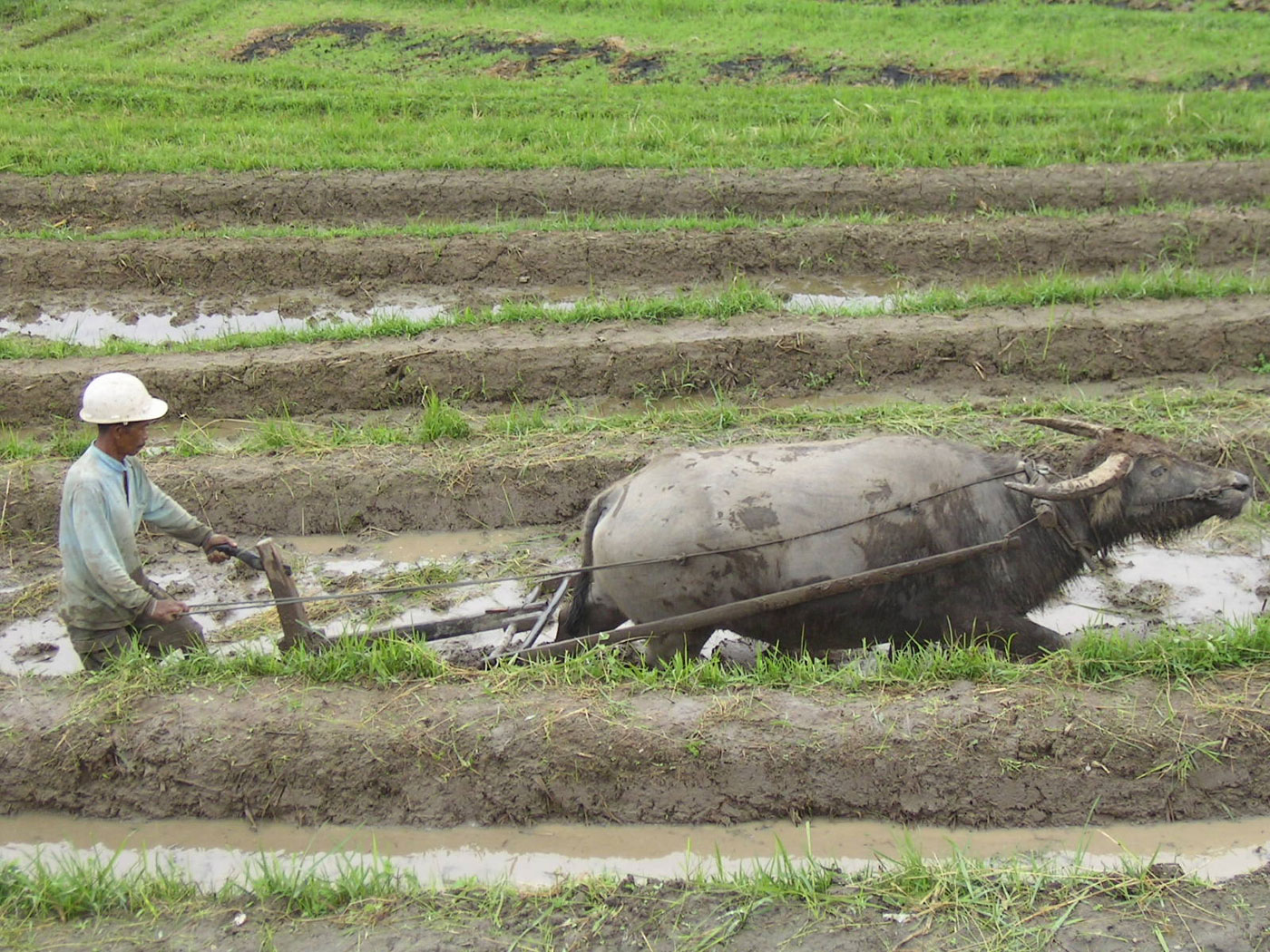|
Mathias, Peter
Peter Mathias, (10 January 1928 – 1 March 2016) was a British economic historian and the former Chichele Professor of Economic History at the University of Oxford. His research focused on the history of industry, business, and technology, both in Britain and Europe. He is most well known for his publication of ''The First Industrial Nation: an Economic History of Britain 1700–1914'' (1969), which discussed not only the multiple factors that made industrialisation possible, but also how it was sustained. Early life and education Mathias was born in Freshford, Somerset to Jack Mathias (from Plymouth) and Marion (''née'') Love (from Wingfield). He attended Colston's School and Bristol Grammar School where he became interested in history. In December 1945, he applied for a scholarship at King's College, Cambridge; instead he won an Exhibition at Jesus College, Cambridge, during summer 1946. However the college demanded that those coming up from school should have done mi ... [...More Info...] [...Related Items...] OR: [Wikipedia] [Google] [Baidu] |
Downing College, Cambridge
Downing College is a constituent college of the University of Cambridge and currently has around 650 students. Founded in 1800, it was the only college to be added to Cambridge University between 1596 and 1869, and is often described as the oldest of the new colleges and the newest of the old. Downing College was formed "for the encouragement of the study of Law and Medicine and of the cognate subjects of Moral and Natural Science", and has developed a reputation amongst Cambridge colleges for Law and Medicine. Downing has been named one of the two most eco-friendly Cambridge colleges. History Upon the death of Sir George Downing, 3rd Baronet in 1749, the wealth left by his grandfather, Sir George Downing, 1st Baronet, who served both Cromwell and Charles II and built 10 Downing Street (a door formerly from Number 10 is in use in the college), was applied by his will. Under this will, as he had no direct issue (he was legally separated from his wife), the family fortune was ... [...More Info...] [...Related Items...] OR: [Wikipedia] [Google] [Baidu] |
History Of Technology
The history of technology is the history of the invention of tools and techniques and is one of the categories of world history. Technology can refer to methods ranging from as simple as stone tools to the complex genetic engineering and information technology that has emerged since the 1980s. The term technology comes from the Greek word ''techne'', meaning art and craft, and the word logos, meaning word and speech. It was first used to describe applied arts, but it is now used to describe advancements and changes which affect the environment around us. New knowledge has also enabled people to create new things, and conversely, many scientific endeavors are made possible by technologies which assist humans in traveling to places they could not previously reach, and by scientific instruments by which we study nature in more detail than our natural senses allow. Since much of technology is applied science, technical history is connected to the history of science. Since techn ... [...More Info...] [...Related Items...] OR: [Wikipedia] [Google] [Baidu] |
Bristol Grammar School
Bristol Grammar School (BGS) is a 4–18 mixed, independent day school in Bristol, England. It was founded in 1532 by Royal Charter for the teaching of 'good manners and literature', endowed by wealthy Bristol merchants Robert and Nicholas Thorne. The school flourished in the early 20th century under headmaster Sir Cyril Norwood (1906–1916), embodying "the ideals and experiences of a leading public school". Norwood went on to serve as the master at Marlborough College and Harrow, and as president of St John's College, Oxford. The headmaster, Jaideep Barot MA MSc, is a member of the Headmasters' and Headmistresses' Conference (HMC) and was appointed in September 2018. The school was first cited in the ''Public Schools Year Book'' in 1907, and former headmaster John Mackay (1960–1975) served as the chairman of the HMC in 1970. Founded as an all-boys school, Bristol Grammar is now fully co-educational having first admitted girls in 1980. The school counts among its alumni prom ... [...More Info...] [...Related Items...] OR: [Wikipedia] [Google] [Baidu] |
Colston's School
Collegiate School (formerly known as Colston's Collegiate School and Colston’s School) is an independent day school in Bristol, England, and is a member of the Headmasters' and Headmistresses' Conference. It is currently in a period of transition from the name Colston’s to Collegiate after BLM protests in 2020. It was founded in 1710 by the merchant, Member of Parliament, philanthropist and slave trader Edward Colston as Colston's Hospital, originally an all-boys boarding school. Day-boys were admitted in 1949 and girls were admitted to the sixth form in 1984. In 1991 it merged with the Collegiate School, a girls' school in Winterbourne, and was given the name Colston's Collegiate School, but this was reverted to Colston's School in 2005. The current headmaster of the upper school is Jeremy McCullough (since September 2014); he joined the school from Lancing College. Motto The school motto ''Go and do thou likewise'', was the motto for the Colston family. It is also one of ... [...More Info...] [...Related Items...] OR: [Wikipedia] [Google] [Baidu] |
Wingfield, Suffolk
Wingfield is a village in the English county of Suffolk. It is found east of Diss, signposted off B1118, near Eye. Wingfield Castle, which is now a private house, was for many centuries the home of the Wingfield family and their heirs, the De La Poles, Earls and Dukes of Suffolk. The Wingfields were a very ancient family and Sir John de Wingfield was chief of staff to the Black Prince. Sir John de Wingfield founded the great 14th-century church at Wingfield and his tomb can be found within it. Here visitors can see fine church monuments of Sir John de Wingfield and the De la Pole family. The church contains the effigy of Michael de la Pole Earl of Suffolk, and his wife Katherine. This Earl died of dysentery at the Siege of Harfleur whilst with Henry V on his Agincourt campaign of 1415. The Earl's son, also Michael, who was with his father, succeeded to the title but was killed a few weeks later whilst fighting under the King at the actual battle of Agincourt. The title t ... [...More Info...] [...Related Items...] OR: [Wikipedia] [Google] [Baidu] |
Plymouth, England
Plymouth () is a port city and unitary authority in South West England. It is located on the south coast of Devon, approximately south-west of Exeter and south-west of London. It is bordered by Cornwall to the west and south-west. Plymouth's early history extends to the Bronze Age when a first settlement emerged at Mount Batten. This settlement continued as a trading post for the Roman Empire, until it was surpassed by the more prosperous village of Sutton founded in the ninth century, now called Plymouth. In 1588, an English fleet based in Plymouth intercepted and defeated the Spanish Armada. In 1620, the Pilgrim Fathers departed Plymouth for the New World and established Plymouth Colony, the second English settlement in what is now the United States of America. During the English Civil War, the town was held by the Parliamentarians and was besieged between 1642 and 1646. Throughout the Industrial Revolution, Plymouth grew as a commercial shipping port, handling imports a ... [...More Info...] [...Related Items...] OR: [Wikipedia] [Google] [Baidu] |
Freshford, Somerset
Freshford is a village and civil parish in the Avon valley south-east of Bath, in the county of Somerset, England. The parish has a population of 551. It is in the Cotswolds Area of Outstanding Natural Beauty (AONB), within the Green Belt and is in a conservation area. The village of Freshford includes the smaller hamlets of Friary, Sharpstone, Park Corner, Woodside and Staples Hill, which are separated from the village centre by a few hundred metres of open fields. The village history goes back to Saxon times and it expanded with the growth of local industry but is now largely residential. History The village has existed since Saxon times, and existed before the land at ''Fersceforde'' was given to Bath Abbey after the Norman Conquest. A mill existed here as early as 1086 and there are still remains of one built in the 1540s. Freshford was part of the hundred of Bath Forum. Freshford Bridge over the River Frome dates from the early to mid 16th century. In the 19th cent ... [...More Info...] [...Related Items...] OR: [Wikipedia] [Google] [Baidu] |
Europe
Europe is a large peninsula conventionally considered a continent in its own right because of its great physical size and the weight of its history and traditions. Europe is also considered a Continent#Subcontinents, subcontinent of Eurasia and it is located entirely in the Northern Hemisphere and mostly in the Eastern Hemisphere. Comprising the westernmost peninsulas of Eurasia, it shares the continental landmass of Afro-Eurasia with both Africa and Asia. It is bordered by the Arctic Ocean to the north, the Atlantic Ocean to the west, the Mediterranean Sea to the south and Asia to the east. Europe is commonly considered to be Boundaries between the continents of Earth#Asia and Europe, separated from Asia by the drainage divide, watershed of the Ural Mountains, the Ural (river), Ural River, the Caspian Sea, the Greater Caucasus, the Black Sea and the waterways of the Turkish Straits. "Europe" (pp. 68–69); "Asia" (pp. 90–91): "A commonly accepted division between Asia and E ... [...More Info...] [...Related Items...] OR: [Wikipedia] [Google] [Baidu] |
United Kingdom
The United Kingdom of Great Britain and Northern Ireland, commonly known as the United Kingdom (UK) or Britain, is a country in Europe, off the north-western coast of the continental mainland. It comprises England, Scotland, Wales and Northern Ireland. The United Kingdom includes the island of Great Britain, the north-eastern part of the island of Ireland, and many smaller islands within the British Isles. Northern Ireland shares a land border with the Republic of Ireland; otherwise, the United Kingdom is surrounded by the Atlantic Ocean, the North Sea, the English Channel, the Celtic Sea and the Irish Sea. The total area of the United Kingdom is , with an estimated 2020 population of more than 67 million people. The United Kingdom has evolved from a series of annexations, unions and separations of constituent countries over several hundred years. The Treaty of Union between the Kingdom of England (which included Wales, annexed in 1542) and the Kingdom of Scotland in 170 ... [...More Info...] [...Related Items...] OR: [Wikipedia] [Google] [Baidu] |
History Of Technology
The history of technology is the history of the invention of tools and techniques and is one of the categories of world history. Technology can refer to methods ranging from as simple as stone tools to the complex genetic engineering and information technology that has emerged since the 1980s. The term technology comes from the Greek word ''techne'', meaning art and craft, and the word logos, meaning word and speech. It was first used to describe applied arts, but it is now used to describe advancements and changes which affect the environment around us. New knowledge has also enabled people to create new things, and conversely, many scientific endeavors are made possible by technologies which assist humans in traveling to places they could not previously reach, and by scientific instruments by which we study nature in more detail than our natural senses allow. Since much of technology is applied science, technical history is connected to the history of science. Since techn ... [...More Info...] [...Related Items...] OR: [Wikipedia] [Google] [Baidu] |
Business History
Business history is a historiographical field which examines the history of firms, business methods, government regulation and the effects of business on society. It also includes biographies of individual firms, executives, and entrepreneurs. It is related to economic history. It is distinct from "company history" which refers to official histories, usually funded by the company itself. United States Robber baron debate Even before academic studies began, Americans were enthralled by the Robber baron debate. As the United States industrialized very rapidly after the Civil War, a few hundred prominent men made large fortunes by building and controlling major industries, such as railroads, shipping, steel, mining and banking. Yet the newer who gathered the most attention was railroader Cornelius Vanderbilt. Historian Stephen Frazier argues that probably most Americans admired Vanderbilt; they agreed with biographer William Augustus Croffut who wrote in 1886: :It is now know ... [...More Info...] [...Related Items...] OR: [Wikipedia] [Google] [Baidu] |
Economic History
Economic history is the academic learning of economies or economic events of the past. Research is conducted using a combination of historical methods, statistical methods and the application of economic theory to historical situations and institutions. The field can encompass a wide variety of topics, including equality, finance, technology, labour, and business. It emphasizes historicizing the economy itself, analyzing it as a dynamic force and attempting to provide insights into the way it is structured and conceived. Using both quantitative data and qualitative sources, economic historians emphasize understanding the historical context in which major economic events take place. They often focus on the institutional dynamics of systems of production, labor, and capital, as well as the economy's impact on society, culture, and language. Scholars of the discipline may approach their analysis from the perspective of different schools of economic thought, such as mainstream e ... [...More Info...] [...Related Items...] OR: [Wikipedia] [Google] [Baidu] |
